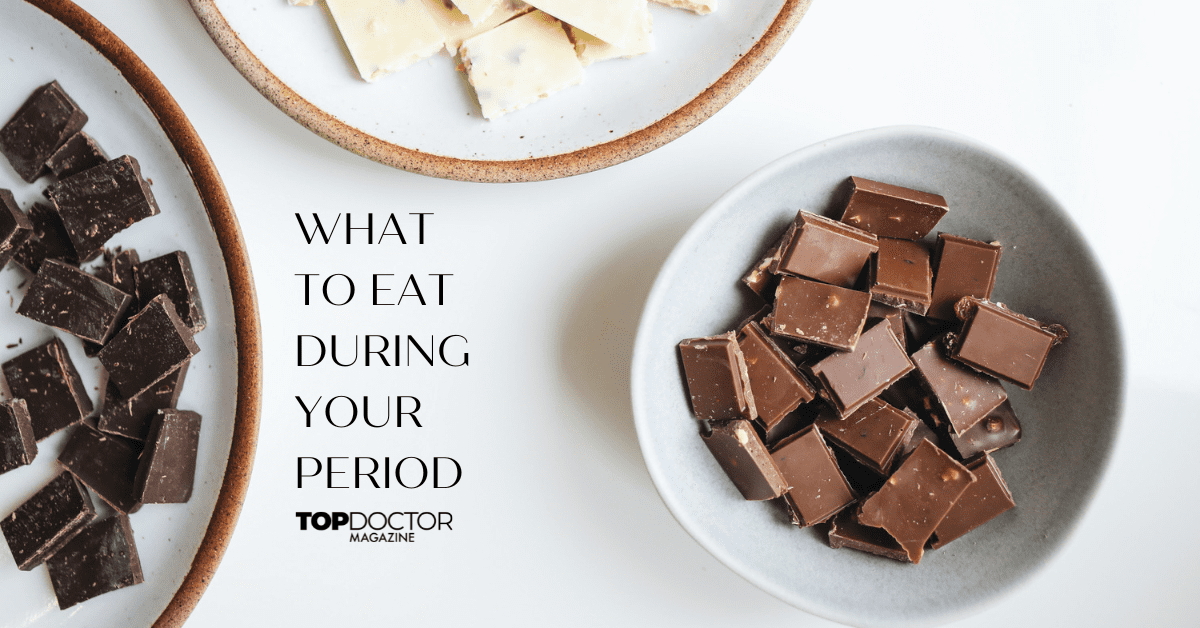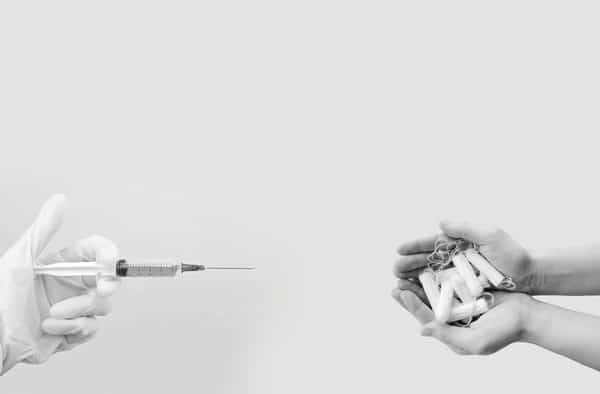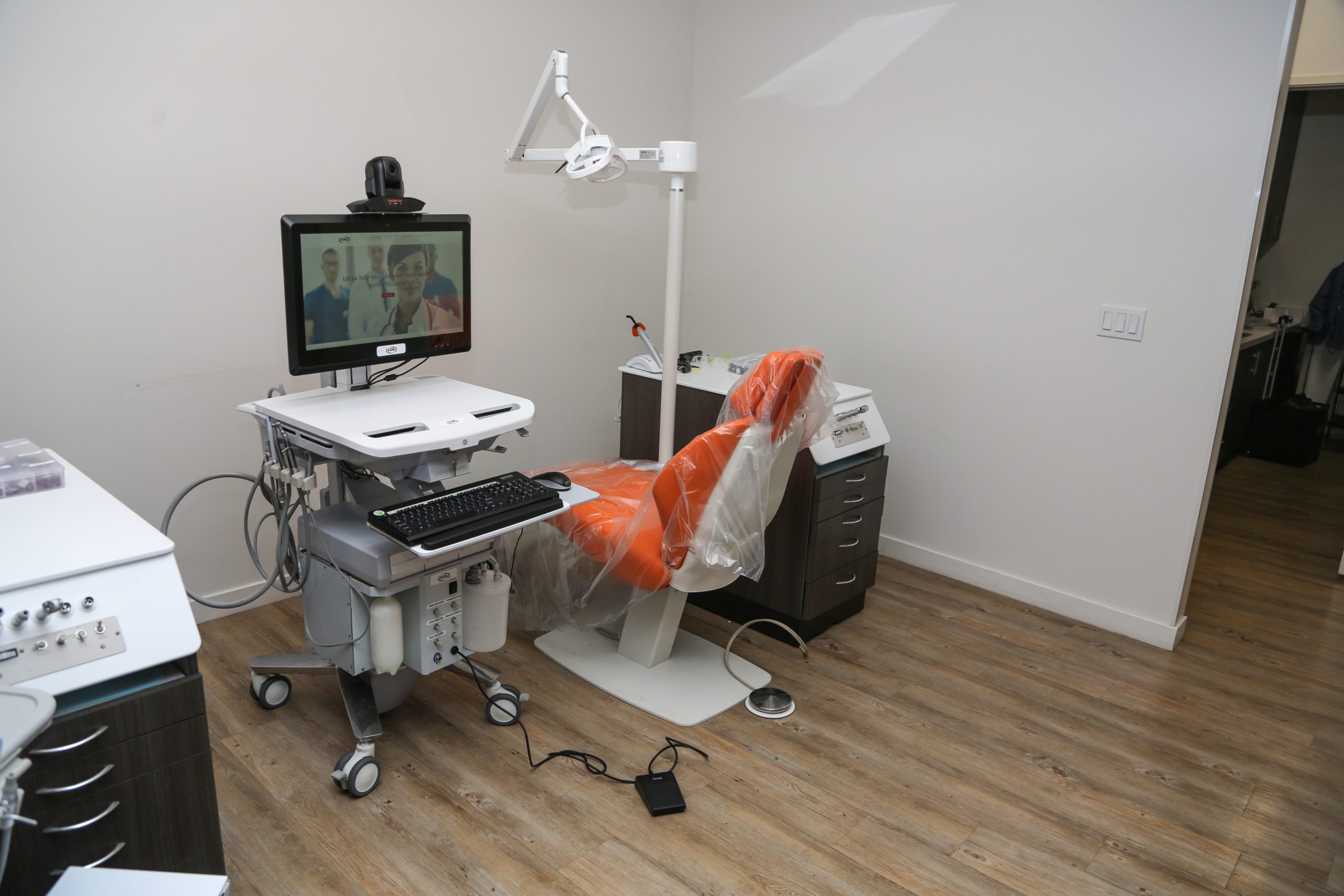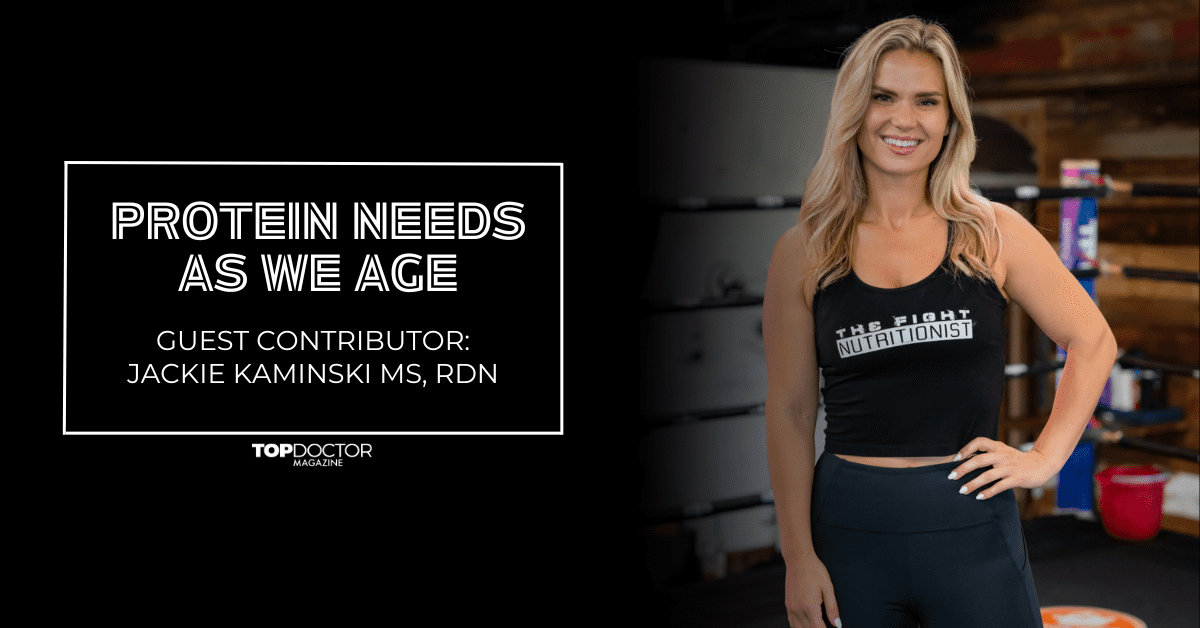Perhaps the evening is winding down, you’ve finally settled on your couch to read a book and you’re sipping some tea when suddenly you feel a sharp pain in your stomach. It dawns on you — it’s time for your period. Or, maybe you’re sitting at the office biting your lip in pain as your legs and back ache. You scramble through your bag, searching frantically for relief and dreading your shift’s remaining hours.
However, you might be dealing with another issue. Maybe you’re panicking because your period hasn’t come yet, or you want it to come early. Perhaps the stress from school or life’s cares is affecting your body. Maybe you’re wondering what the best ways to stimulate your period are so you can have more control over it.
Either way, food plays an important role in regulating your period and even offering relief. Too good to be true? Read on to see exactly how food can help or stimulate your period!
Food for Menstrual Cramp Relief
Several foods can offer relief to cramps and additional pain that comes from being on your period. These foods include fruits, leafy veggies, whole grains, legumes and nuts. The higher the number of antioxidants, the better.
Menstrual Cycle Food Cravings
During premenstrual syndrome, progesterone is high, which leads to unstable blood sugar levels that induce cravings. As a result, energy levels go down, and the body craves sugar sweets and high-carbohydrate foods to increase the glucose in the body.
Food To Help the Menstrual Cycle
It is vital to find appropriate foods for each part of the menstrual cycle. There are four phases of the menstrual cycle:
- Menstrual;
- Follicular;
- Luteal;
- Premenstrual.
Follicular Phase
During the follicular phase, the eggs develop and mature. It starts on the first day of menstruation and ends with ovulation. As a result, it is essential to eat nourishing foods, stay hydrated and incorporate mineral-rich salts into your diet.
The foods you should eat during the follicular phase are tailored to your fluctuating hormone levels, which rise as the egg matures. During this time, incorporate light and fresh foods such as salads and probiotics, which promote gut health and detoxification. In addition, try to eat avocado, broccoli, seeds, legumes, salmon and other supplements and herbs.
Ovulation
Ovulation is the release of a mature egg from the surface of the ovary. It usually occurs approximately two weeks before menstruation.
During this period, hormone levels rise, especially estrogen, and body temperature increases, impacting energy levels. Too much estrogen can negatively impact menstruation, so eat nutrients that support the liver in removing that excess estrogen. Foods such as kale, broccoli, onions, garlic and radishes are great at decreasing this excess estrogen.
Menstrual Phase
This part of the menstrual cycle is characterized by bleeding. Hormone levels are at their lowest at the start of the cycle. Add nutrients, drink lots of water and focus on your comfort. Eating a good mix of root vegetables, whole grains, legumes, eggs, fish and spinach will help increase your energy and replenish iron levels you’re losing when you bleed. Make sure to pick up some sweet potatoes, probiotic yogurts, pumpkin seeds and proteins next time you go shopping.
Luteal Phase
During the luteal phase, the body of the unfertilized follicle stays on the surface of the ovary and turns into the corpus luteum. This period is characterized by PMS symptoms. Therefore, it is essential to support detoxification pathways to make it easier to metabolize and get rid of used hormones from the follicular phase.
Eat lots of fiber, antioxidants, protein and leafy vegetables. Foods such as cauliflower, squash, cucumbers, spinach and berries, as well as drinking caffeine and eating dark chocolate, are great for this phase of your period!
PMS
The premenstrual syndrome occurs during the latter part of the luteal phase. The best foods to incorporate into your diet to decrease cramps and headaches are foods high in magnesium, such as nuts, leafy veggies, chocolate, bananas and vitamin C-rich foods.
What Foods Stimulate Periods?
Numerous factors can cause irregular periods, including hormonal imbalances, changes in weight and a sedentary lifestyle. These irregularities are annoying and can be anxiety-inducing. Experts note that some of the best ways to deal with irregular periods are to lose weight, eat a healthy diet and exercise regularly.
Can certain foods bring on your period? Yes! Foods can play a substantial part in stimulating periods. Some of the best foods for regulating menstrual cycles include:
- Emmenagogues, such as ginger and turmeric, are herbs that stimulate blood flow in the pelvic area and uterus.
- Vitamin C-rich foods, such as papaya, contain period-inducing carotene. Pineapple reduces inflammation, which is considered another cause of irregular periods.
- Drinking jaggery, a type of sugar mixed with ginger, sesame seeds, turmeric and carom seeds, is another period inducer.
Menstrual Cycle Foods To Avoid
Now that you know the foods to eat during your period, here are some foods not to eat:
- Avoid caffeinated foods, such as coffee which can cause cramps.
- Alcohol can heighten feelings of nausea.
- Red meat can cause cramps.
- Dairy causes bloating and discomfort.
- Too much salt can cause bloating and cramping.
- Spicy foods can cause discomfort.
- Avoid overeating sugar since it can cause a spike in energy followed by a crash.
Avoiding these foods will not only help relieve any sources of period discomfort by eliminating the culprits but also help with overall health, especially during the menstrual cycle.
A Parting Reminder
Period cramps are painful and may seem like they’ll never end. Food plays such an important role in how periods operate and can offer relief or even induce menstrual cycles. Remember that eating foods rich in protein, vitamin C, fiber, antioxidants and whole grains is essential during your period. Now, grab some pineapple, and make sure to get some rest!






0 Comments